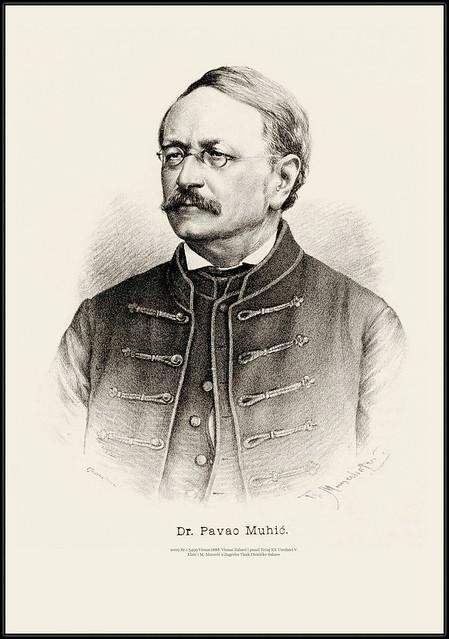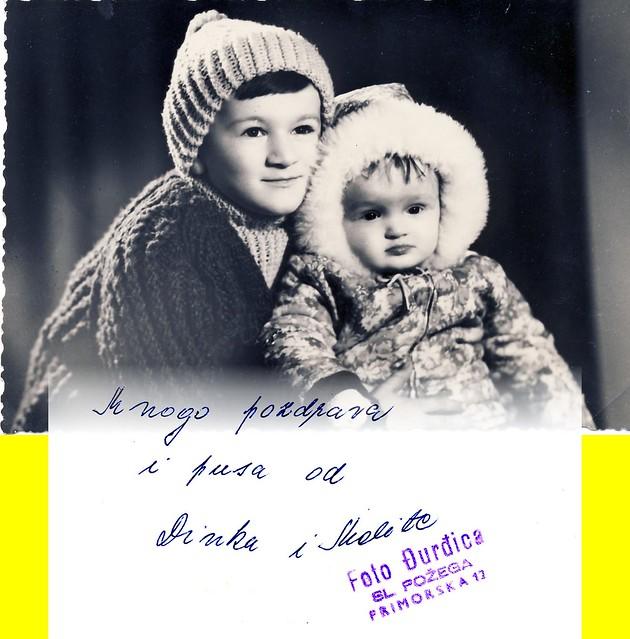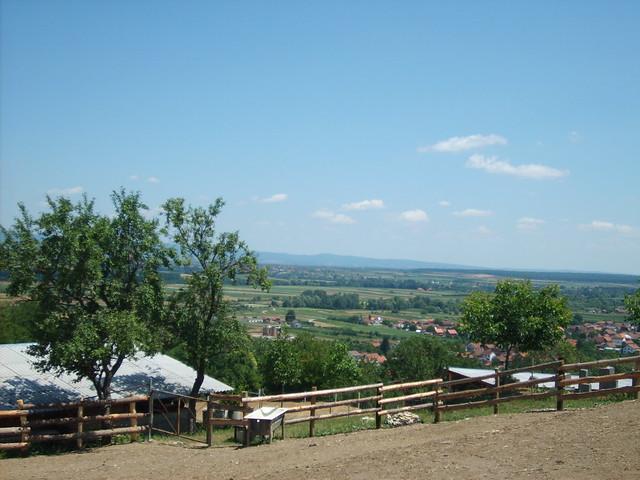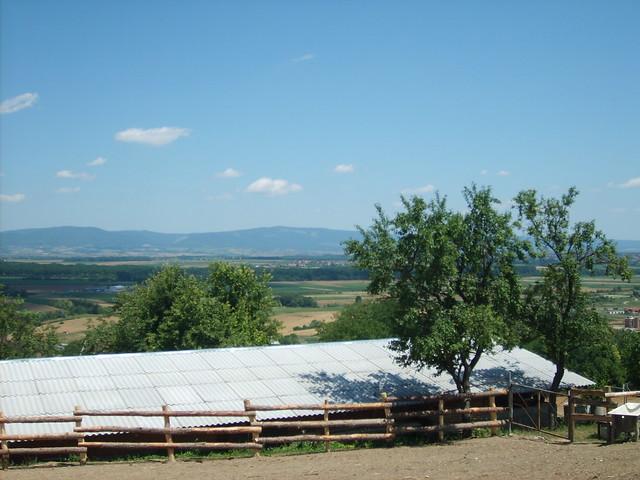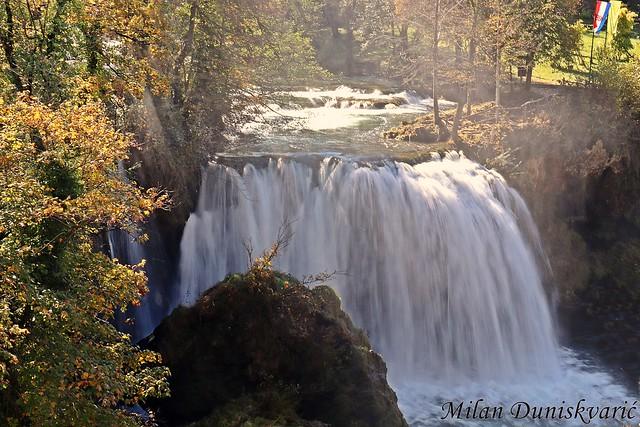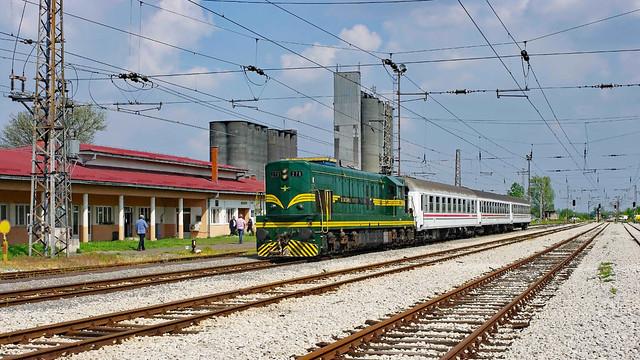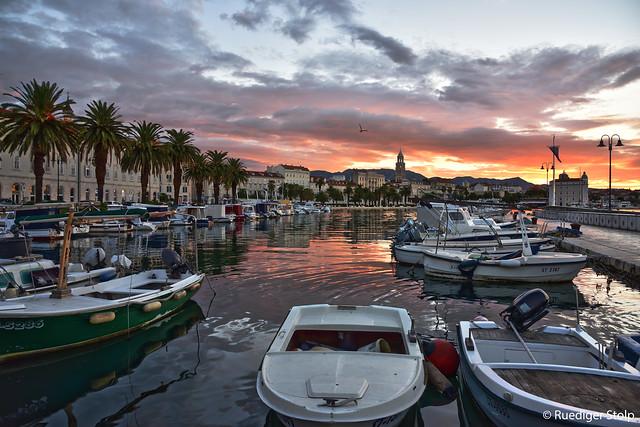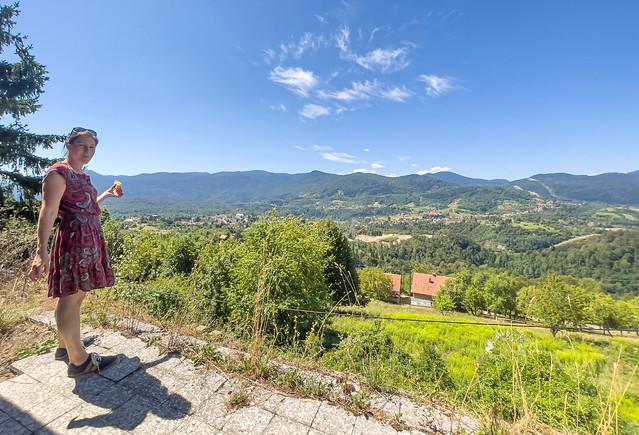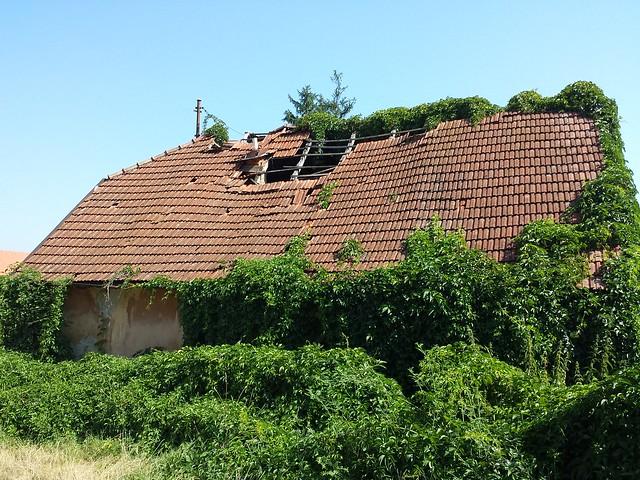Požega-Slavonia
Overview
Overview of Požega-Slavonia
Požega-Slavonia is a picturesque county located in the eastern part of Croatia, nestled in the heart of the Slavonia region. Known for its rich history and vibrant cultural heritage, this area offers a blend of traditional and modern attractions. Požega-Slavonia is characterized by its rolling hills, fertile plains, and beautiful vineyards, making it a significant wine-producing region. The architecture in the towns reflects a mix of Baroque and neo-Gothic styles, and the area is famous for its music and folklore traditions, with numerous festivals celebrating its cultural heritage throughout the year.
Best Time to Visit and Activities
The high season for tourism in Požega-Slavonia is during the late spring to early autumn months, particularly from May to September. During this period, the weather is typically warm and pleasant, with temperatures ranging from 20°C to 30°C, ideal for outdoor activities. Visitors can explore the scenic landscapes by hiking or cycling through the marked trails, especially in the Papuk Nature Park, which offers stunning views and rich biodiversity. The region's vineyards are open for tours and wine tasting, providing a glimpse into the local wine-making tradition. Additionally, summer festivals such as the Požega Golden Strings of Slavonia, a popular music festival, offer a chance to experience local culture and entertainment.
Preparation for Travelers
Before visiting Požega-Slavonia, travelers should prepare by packing appropriate clothing for the season, with lighter clothes for summer and layers for cooler evenings. It’s advisable to bring comfortable footwear for walking or hiking. Since English may not be widely spoken, especially in rural areas, learning some basic Croatian phrases or having a translation app can be helpful. Travelers should also be aware of local customs and etiquette to interact respectfully with residents. Lastly, ensuring that you have access to local currency (Croatian Kuna) for smaller establishments and preparing for limited access to ATMs in rural areas will make transactions smoother during your visit.
How It Becomes to This
History not available

You May Like
Explore other interesting states in Croatia
Discover More Area
Delve into more destinations within this state and uncover hidden gems.


